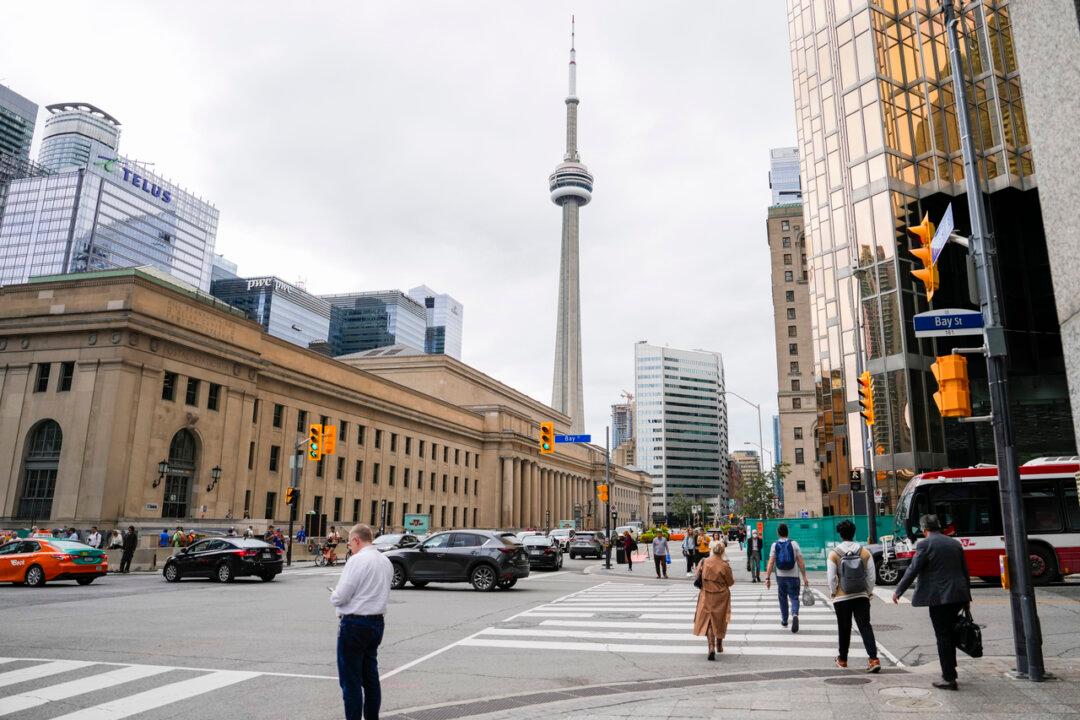Canada’s trend toward greater restrictions on economic freedom could lead to a weakened economy in the future, a new report warns.
In the annual North American rankings report released by the Fraser Institute on Nov. 9, every province ranks in the bottom half of North American jurisdictions for the first time.





